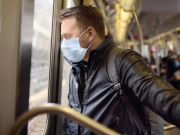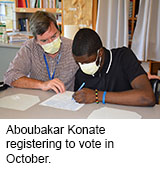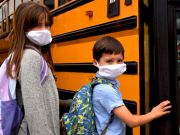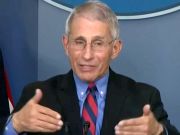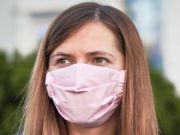
One of the reasons women may be less vulnerable to COVID-19 is because they’re more likely to adhere to social distancing policies, a new survey suggests. A survey conducted in eight countries in March and April found substantial gender differences both in numbers of people who considered COVID-19 to be a serious health crisis and… read on >










